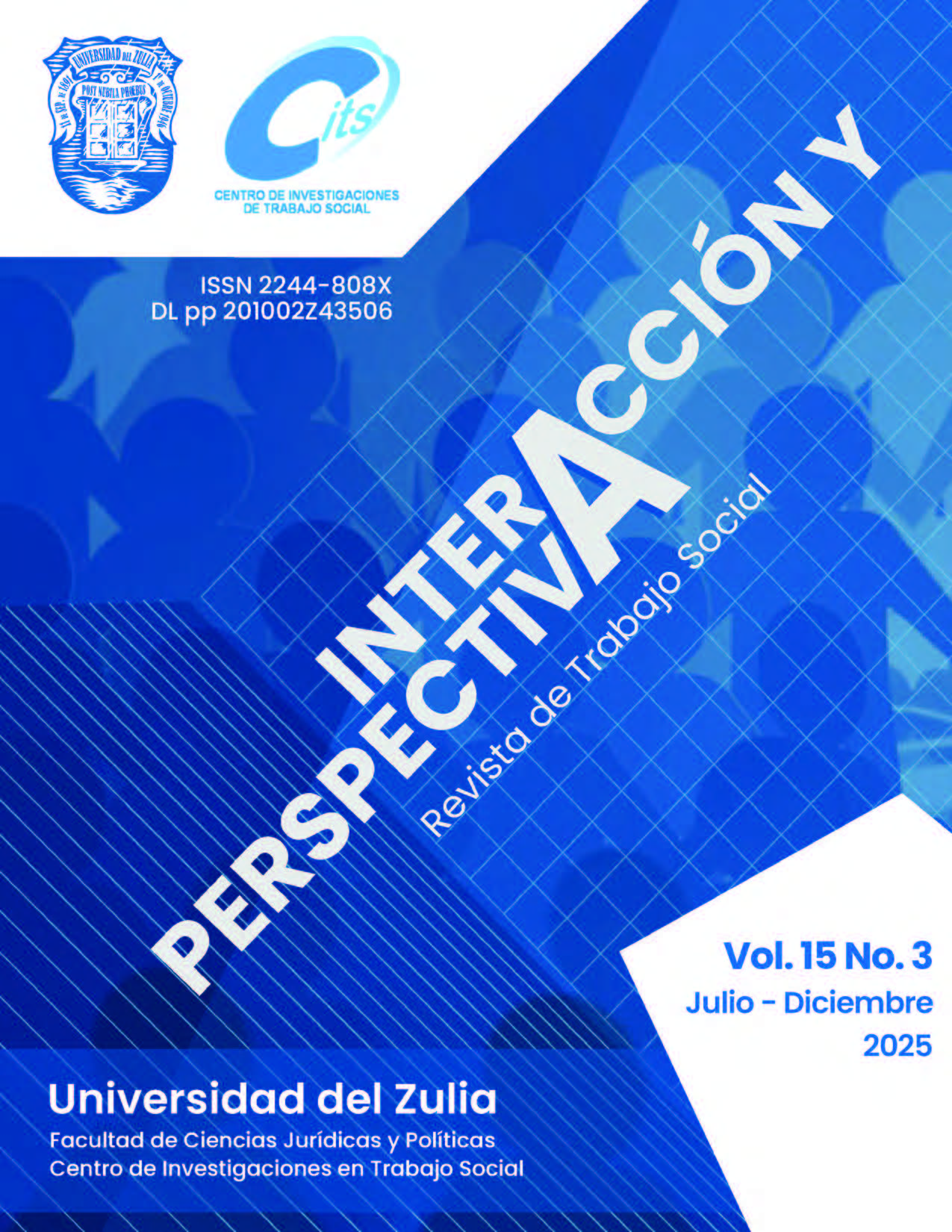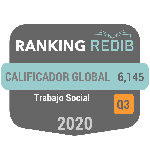The role of workplace culture in social integration of employee: Case study
Abstract
Corporate culture has been a subject of attention for many years and is increasingly recognized as a key factor shaping the unique identity of organizations. It enables companies to stand out, attract talented employees, and build a loyal customer base. This study aims to develop recommendations for improving the corporate culture of large corporations by identifying the relationship between corporate culture and individual employee values. The case study is represented by Russia’s largest private bank, Alfa-Bank. The primary research methods included employee surveys and in-depth interviews, accompanied by quantitative and qualitative analysis of the results. The recommendations include improving the onboarding process, addressing the issue of overtime, implementing online systems for submitting staffing and over- time payment requests, and organizing meetups, brainstorming sessions, and training programs to foster the creative potential of employees. The results will be valuable to executives and HR professionals in large corporations, as well as business consultants and academic researchers interested in enhancing corporate culture and exploring the relationship between corporate and individual values within organizations.
Downloads
References
Alfa-Bank (2023, June 29). Phygital ofisy Alfa-Banka delayut goroda luchshe [Alfa-Bank’s Phygital offices make cities a better place to live]. Available: https://alfabank.ru/news/t/release/phygital-ofisi-alfa-banka-delayut-goroda-luchshe/ (accessed February 2, 2025).
Armstrong, M. (1998). Osnovy menedzhmenta. Kak stat luchshim rukovoditelem [Management and leadership: Developing effective people skills for better leadership and management]. Trans. from English. Rostov-on-Don: Feniks, p. 134.
Hofstede, G., & Minkov, M. (2005). Cultures and organizations: Software of the mind. New York: McGraw Hill, pp. 561.
Khasyanova, M. G. (2013). Znachenie tsennostei v korporativnoi kulture [The significance of values in the corporate culture]. Bulletin of Kemerovo State University of Culture and Art, 22-2, 189-194.
Kochetkova, D. D. (2024). Vzaimosvyaz korporativnoi kultury i individualnykh tsennostei sotrudnikov (na primere AO “Alfa-Bank”) [Interrelation of corporate culture and individual values of employees (on the example of AO “Alfa-Bank”)]. Graduation qualification work, Financial University under the Government of the Russian Federation, Moscow.
Kurgansky, S. I., Turanina, N. A., & Malysheva, M. S. (2022). Influence of image technologies on university corporate culture. Revistaon Line De Política e Gestão Educacional, 26 (00), e022144. https://doi.org/10.22633/rpge.v26i00.17333
Laukart-Gorbacheva, O. V., Belyaev, V. A., Maximova, O. A., & Sibaeva, G. R. (2021). Employment and labor adaptation of Russian university graduates with disabilities. Nuances: Estudos Sobre Educação, 32 (00), e021014. https://doi.org/10.32930/nuances.v32i00.9127
Persikova, T. N. (2020). Korporativnaya kultura [Corporate culture]: Student’s textbook. Moscow: Logos, pp. 288.
Robbins, S. P. (1994). Essentials of organizational behavior. Englewood Cliffs: Prentice-Hall, Inc.
Rokich, M. (1973). Priroda chelovecheskikh tsennostei [The nature of human values]. Svobodnaya pressa, 5, 20-28.
Togaibayeva, A., Ramazanova, D., Kartbayeva, Z., & Kereyeva, R. (2023). Effect of the development of didactic and practical skills in future special education teachers on their professional readiness for work in an inclusive educational environment. European Journal of Contemporary Education, 12 (4), 1447-1462. https://doi.org/10.13187/ejced.2023.4.1447
Tsoi, G., & Kochetkova, D. D. (2023). Kross-kulturnyi analiz upravlencheskikh i kulturnykh tsennostei Rossii i Kitaya [Cross-cultural analysis of managerial and cultural values of Russia and China]. Management Sciences, 13 (2), 96-108. https://doi.org/10.26794/2304- 022X-2023-13-2-96-108
Ulbasheva, F. D., & Shakova, L. A. (2016). Vidy korporativnoi kultury kak osnovy zhiznennogo potentsiala organizatsii [Types of the corporate culture as bases of vital capacity of the organization]. Nauchnye izvestiya, 4, 29-33.
The World of Work Project (n.d.). The Cameron and Quinn competing values culture model. Available: https://worldofwork.io/2019/10/cameron-quinns-competing-values-culture-mo- del/ (accessed February 2, 2025).
Yusupova, S. M. (2022). Faktory vovlechennosti personala v organizatsii [Factors of personnel involvement in the organization]. Gumanitarnyi nauchnyi zhurnal, 1, 3-13.
Zueva, F., Levina, S., Likhodumova, I., & Kilmasova, I. (2022). Professional identity of teachers as a component of university corporate culture. Revistaon Line De Política e Gestão Educacional, 26 (00), e022147. https://doi.org/10.22633/rpge.v26i00.17336

















